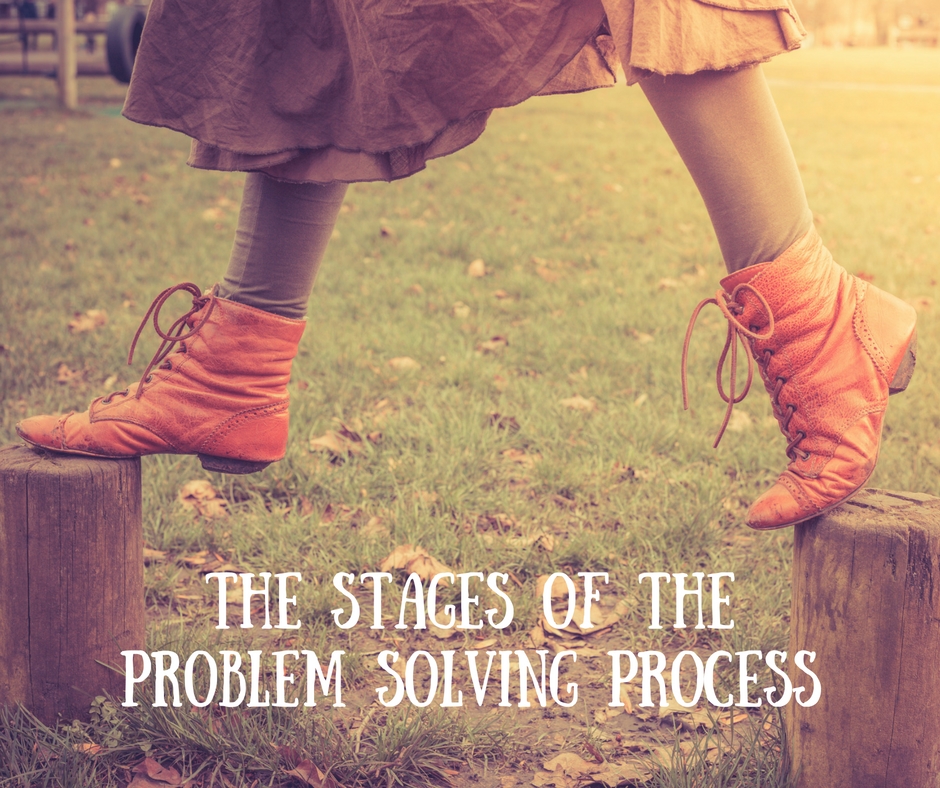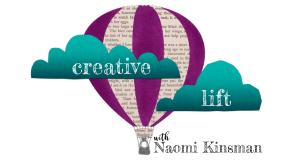
Last week, I challenged my team of Inklings mentors to each invent his or her ideal creating space. I gave the group five minutes, and asked them to use one side of their paper to document their problem solving, and the other side to capture their actual idea.
If you have five minutes to spare, try this challenge yourself. If you don’t have time, think of a recent problem you solved. Try to remember beyond the solution to the actual thinking process involved.
Let’s Examine your Process
- How much time did you spend clarifying the challenge? Did you explore what “ideal space” meant before generating ideas?
- How much time did you spend brainstorming or exploring options? Did you stretch for unusual ideas?
- How much time did you spend reviewing your ideas and developing the ones that fit best?
- As part of formalizing your idea, did you create any sort of an action plan?
Give yourself a 1-5 score in these four stages of the problem solving process. Choose one if you hardly considered (or struggled with) the stage, and five if you handled the stage smoothly.
Stages of the Creative Process
- The first stage is Clarification. Here, we ask questions and explore current reality. We narrow our focus to make sure the idea-generation points in the right direction.
- The second stage is Ideation. Here, we generate ideas. The ability to brainstorm an abundance of ideas leads to novel solutions.
- The third stage is Development. Here, we identify promising ideas and refine them into truly workable solutions.
- The fourth stage is Implementation. Here, we create an action plan and get to work. Sometimes during Implementation, we discover another problem, which sends us back to the clarification stage.
Play to your Strengths
If you’ve been poking around this site, you may have seen and/or taken the Creativity Styles quiz. You likely know I’m passionate about helping people play to their strengths. So, you might be surprised when I say this: I believe that effective creative people develop skills in each of these stages, particularly in the ones that are most difficult for them.
It’s true that you’ll have more aptitude for certain stages depending on your creative style, but that doesn’t mean you get a pass on the others. Mastery comes from figuring out how to play to your strengths AND succeed in all four of these stages.
Do Your Blind Spots Help or Hinder You?
Where are your strengths? Do you have any blind spots? Write down what you notice. All of this thinking leads to this question: How might you boost your weaker problem solving skills in a way that appeals to your creative style?
You may be wondering: How does the creative problem solving process fit into the Writerly Play rooms? Great question! Each time you enter a room, you’ll likely circle through these stages at least once before you’re ready to move on to another room. Where you may bounce from room to room, the creative problem solving stages are generally tackled in order.
I’d love to hear your thoughts. When our Inklings mentors unpacked this experience, it was fascinating to witness firsthand how different we all are in our thinking processes. I gained particularly helpful insights from the mentors whose thinking was most opposite to my own. So, share away!

